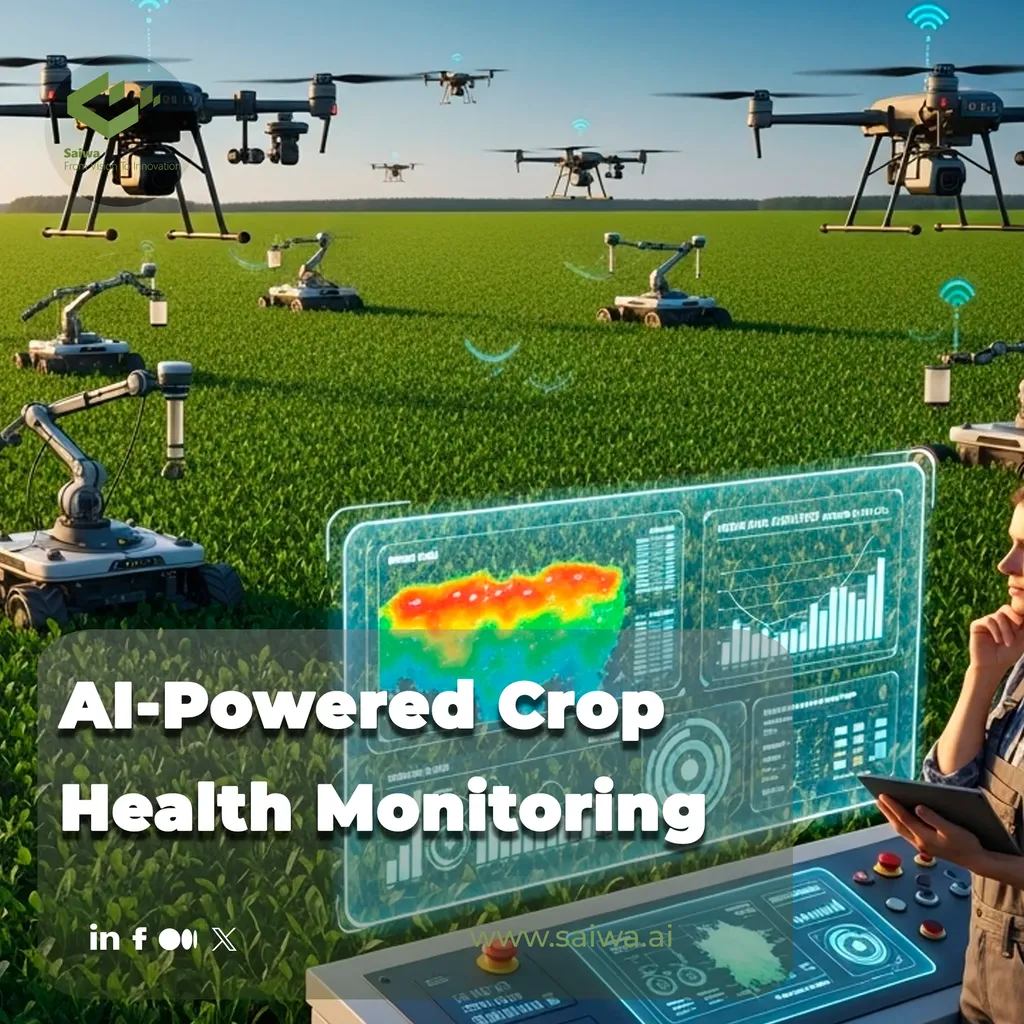In the realm of precision agriculture, early detection of nutrient deficiencies can make a world of difference in crop yield and farm profitability. A recent study published in *Franklin Open* introduces a groundbreaking framework that leverages deep learning and Bayesian optimization to tackle this very challenge. The research, led by Ratheesh Raju from the Central University of Kerala, presents a novel approach to identifying nutrient deficiencies in black pepper plants using leaf imagery, with significant implications for the agriculture sector.
The study introduces the BO-CNN framework, which combines Convolutional Neural Networks (CNNs) with Bayesian hyperparameter tuning. This integration allows for efficient and accurate detection of nutrient deficiencies, a task that has traditionally been labor-intensive and prone to human error. “The key innovation here is the use of Bayesian optimization to fine-tune the CNN parameters,” explains Raju. “This not only improves the model’s accuracy but also reduces the time and computational resources required for training.”
To support their work, the researchers curated a dataset called BPNutriDef05, comprising 10,325 leaf images across five balanced nutrient deficiency classes. This dataset is a valuable resource for future research in this area. The BO-CNN framework achieved an impressive 97.09% accuracy in identifying nutrient deficiencies, outperforming baseline models. This high level of accuracy can translate to reliable early detection, enabling farmers to take timely corrective measures, optimize fertilizer use, and ultimately reduce yield losses.
The commercial impacts of this research are substantial. Nutrient deficiencies can lead to significant crop losses, and early detection can help mitigate these losses, improving farm productivity and profitability. Moreover, the framework’s efficiency can make it accessible to small-scale farmers, who often lack the resources for extensive diagnostic testing. “This technology has the potential to democratize precision agriculture,” says Raju. “By making it more accessible and affordable, we can help farmers of all scales improve their yields and sustainability.”
The study also includes comparative ablation studies that confirm the contribution of Bayesian optimization to the model’s performance. This methodological advancement could pave the way for similar applications in other crops and agricultural contexts. As the field of precision agriculture continues to evolve, the integration of optimization techniques with deep learning is likely to play a crucial role.
In the broader context, this research highlights the potential of AI and machine learning to revolutionize agriculture. By providing accurate, timely, and accessible diagnostic tools, these technologies can support sustainable crop management and contribute to global food security. As Raju notes, “The future of agriculture lies in the intersection of technology and sustainability. Our work is a step towards that future.”
The study, led by Ratheesh Raju from the Central University of Kerala, was published in *Franklin Open*, offering a promising glimpse into the future of precision agriculture.

